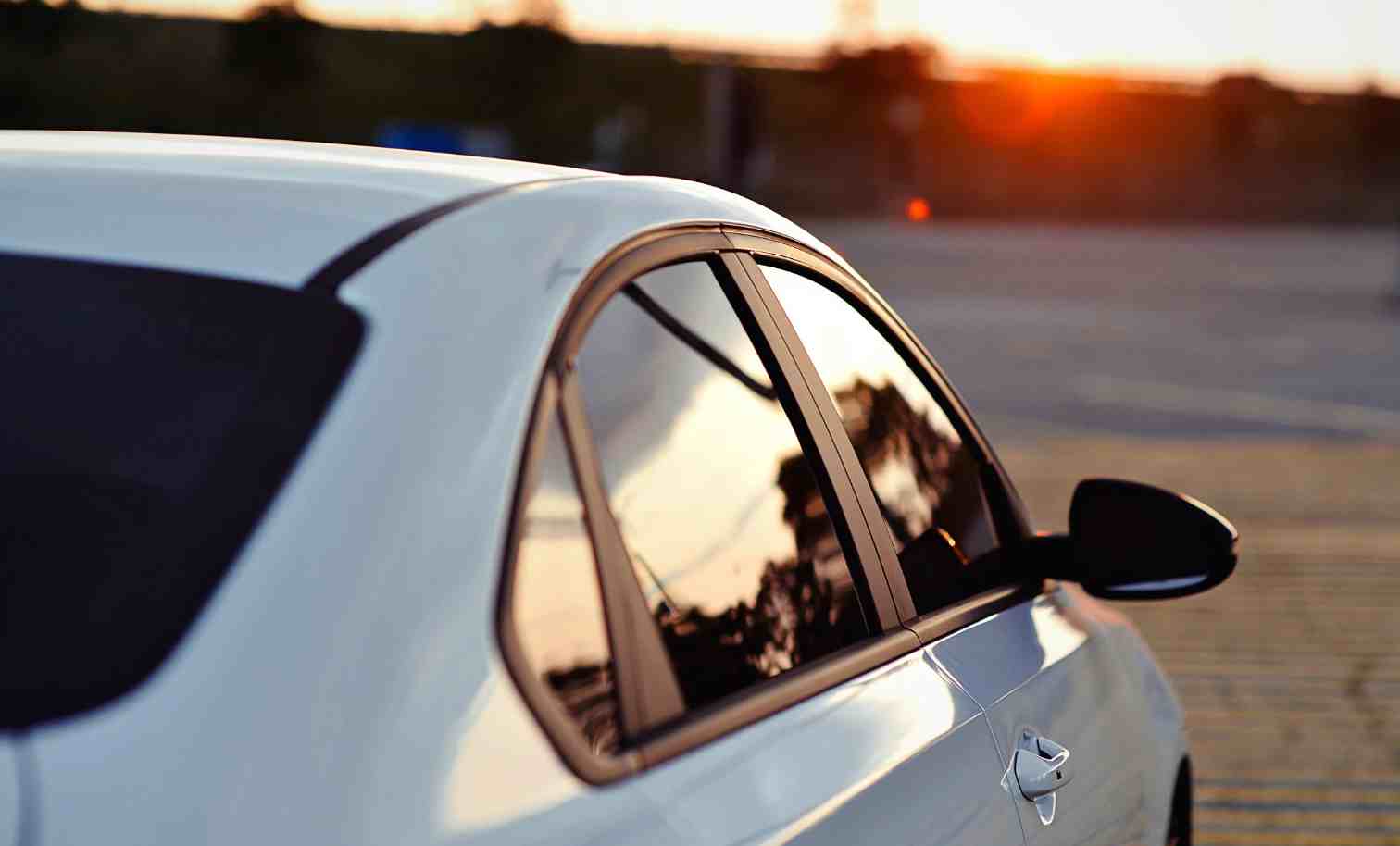Kerala HC clarifies that vehicle owners and aftermarket shops can install safety glazing if it meets CMV standards.
The Kerala High Court affirmed that there is no legal restriction on installing safety glazing on car windows or windscreens, provided the glazing adheres to the specifications outlined in the Central Motor Vehicles Rules (CMV Rules) [M/s. George & Sons & Anr. v. Union of India & Ors.].
The decision, delivered by Justice N Nagaresh, stated that authorities like the police and Motor Vehicle Departments cannot penalize vehicle owners or aftermarket installers as long as the glazing conforms to the standards mandated by Rule 100 of the CMV Rules, amended in 2021.
The ruling emphasizes that the Visual Light Transmission (VLT) must comply with the regulations, allowing at least 70% light transmission through the windscreen and rear window, and 50% through the side windows, in line with Indian Standard IS 2553 (Part 2): 2019.
Also Read: Kerala HC Grants Anticipatory Bail to Director VK Prakash in Sexual Harassment Case
Owners Not Restricted to Manufacturer-Installed Glazing
The Court further clarified that vehicle owners are permitted to install safety glazing after purchase, as there is no requirement that glazing must be applied during vehicle manufacturing.
As long as the glazing complies with the required VLT levels and safety standards, vehicle owners have the freedom to enhance their vehicles’ safety features.
Justice Nagaresh observed, “State Government or its officials are not legally justified in penalising owners of any motor vehicles, the windscreens or window glasses of which are maintained with ‘Safety Glass’ or ‘Safety Glazing’, including ‘Glazing Faced with Plastics’.”
Also Read: Protection Under BNSS for Accused with Mental Disability Applies Retrospectively: Kerala High Court
Legal Challenge and Petitioners’ Argument
The judgment was issued in response to two petitions filed against the State’s penal actions concerning the sale or use of safety glazing in vehicles.
The petitioners, which included a distributor of safety films, a vehicle owner fined for using safety glazing, and shop owners, argued that the Supreme Court’s prior ruling in Avishek Goenka v. Union of India—which restricted the use of safety glass—was based on the CMV Rules before their amendment in 2021.
They contended that the revised rules permit the use of safety glazing, a point the Court acknowledged.
On the other hand, the State authorities contended that glazing must be factory-installed by the vehicle manufacturer and initiated penal action against those who added glazing later.
However, the Court dismissed this argument, noting that there is no reliable way for authorities to determine whether glazing was installed by the manufacturer or the owner.
Protection of Individual Rights
The Court underscored the importance of interpreting the law in favor of the individual, asserting that “narrow interpretation of a provision in a manner enabling any punitive action against individuals cannot be made by the court which will jeopardize the right of the individual if there is no actual violation or contravention.”
The petitioners were represented by Senior Advocate P Ravindran, along with advocates D Kishore, Lakshmi Ramdas, and Meera Gopinath.
Government Pleader KM Faizal appeared for the State, while Central Government Counsel B Ramachandran and M Shajna represented the Central Government.
Case Details:
- Case Title: M/s. George & Sons & Anr. v. Union of India & Ors.
- Bench: Justice N Nagaresh
- Court: Kerala High Court
- Date of Judgment: September 12, 2024















